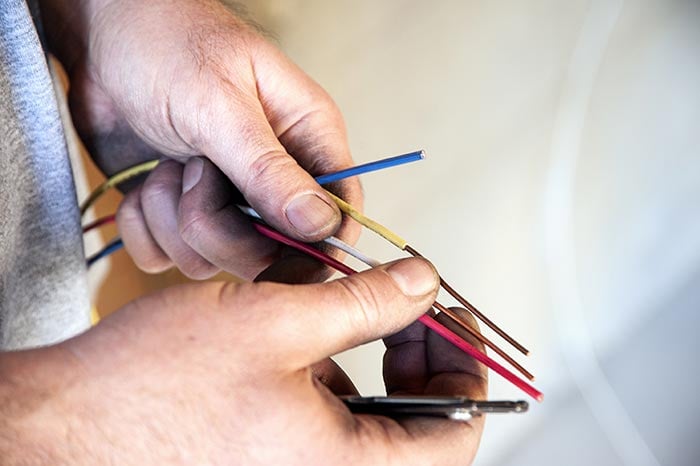wired1
New Member
Hi Folks,
There seems to be so many solar savvy people on here, it's staggering. Lots of knowledge to comprehend. Hoping there's an easier answer than learning the whole Solar Handbook!
I mentioned earlier I already purchased a Renogy 12 volt INVERTER which I can return if there's a better solution available. I saw this at Bigbattery.com
There seems to be so many solar savvy people on here, it's staggering. Lots of knowledge to comprehend. Hoping there's an easier answer than learning the whole Solar Handbook!
I mentioned earlier I already purchased a Renogy 12 volt INVERTER which I can return if there's a better solution available. I saw this at Bigbattery.com
36V A123 LIFEPO4 BATTERY for $1499
and wonder if it's the way to go for me. I hope to someday add solar panels but for today, I just want some backup for our rolling blackouts. Should I return the 12 volt unit and go with 36 volts? I know it will be cheaper for the wire. There are no people where I am that have any clue so I'm just dizzy searching and reading and not getting very far. I want to get something setup in the next couple of weeks. Ideas? Can I pay someone online to map out a good way to go for this. I have 100's of hours researching but my brain is getting old and I'm getting lost in it all....
Last edited:





